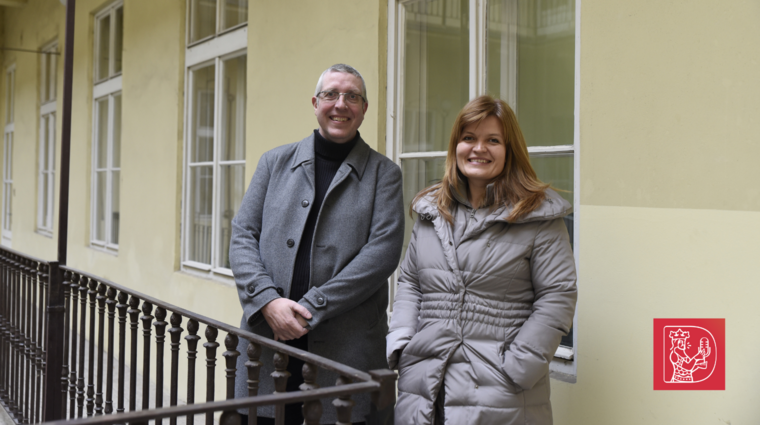Nico Carpentier: We often think of democracy as something that will always stay with us. But recent years have shown the opposite

Nico Carpentier: We often think of democracy as something that will always stay with us. But recent years have shown the opposite
What has always attracted him to the study of discourse? Why does he connect science with art? And what phenomena does he believe pose a threat to democracy?
In the next episode of the De Facto podcast, we speak with Nico Carpentier from the Institute of Communication Studies and Journalism. He is an extraordinary professor at Charles University and a visiting professor at several other universities. His research focuses on discourse theory, and he currently leads the research team at FSV UK for the MeDeMAP project, funded by the European Union’s Horizon Europe grant program.
"I think the biggest risk at this time is the push towards more authoritarian regimes and movements. And it actually works at different levels. It works at the state level, where we see increasingly authoritarian leadership, and at the level of political movements, where the radical right is claiming a very strong position. This trend is eroding one of the core principles of democracy: the balance between representation and participation. The participation component is weakening and shrinking, which is a reason for concern," says Nico Carpentier.
Listen on Spotify and Apple Podcasts
Listen on the website
De Facto is a podcast of the Faculty of Social Sciences, Charles University. It is about the real world of scientists and graduates of social sciences. Teachers, researchers and graduates talk engagingly about their daily lives, work and experiences.





